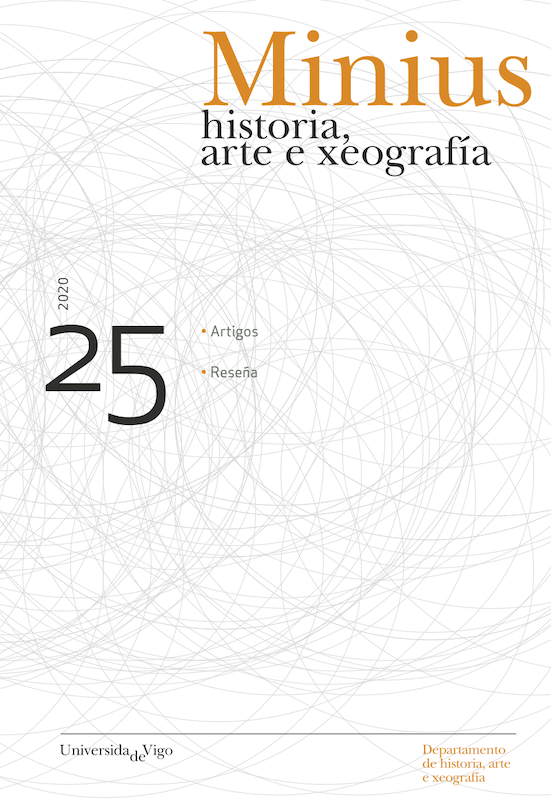From tenants to owners. Legalistic background of property under long-term leases in Galicia
DOI:
https://doi.org/10.35869/mns.v0i25.3314Keywords:
Leaseholds, censuses, laudemium, Galicia, Spain, evictions, repossession, consolidationAbstract
Smallholdings and farms in Galicia make up a traditional rural landscape. With general characteristics in its medieval history similar to those that occurred in other areas of the Iberian Peninsula and Western Europe; the formation of an agrarian middle class of small landowners and direct exploiters was the result of a slow process, whose main core was determined by the way in which Spanish liberalism negotiated with its immediate past and developed its subsequent political and economic model. In the historical focus of this work, there is a prevailing legal precept that derives from the legalism adopted and because jurisprudence is the touchstone on which the framework of the question of agricultural censuses and long-term leaseholds was developed. All this in relation to the social circumstances, political intentions and cultural aspects of which it was part or which intervened. Consequently, a version of periodization in three distinct phases comes to light, representing the process of consolidation of those properties that were exploited in the hands of the Galician peasants, from the stoppage of evictions in 1763 until the consolidation of property ownership in the twentieth century. The reference period begins with the abolition of jurisdictional lordships in 1811 and ends with a definitive rule in 1963. Undertaken in accordance with the proposals, debates, legal studies and legal texts on long-term leaseholds and censuses, from the late 19th and early 20th centuries, along with private and public documentation collections, whether family-owned or of a judicial and economic nature. Likewise, the perspective on property, its rights and concurrences of ownership, is studied mainly from the vision of the writings and proposals of the Marquis of Camarasa. On the whole, we have also relied on valuable historiographical resources offered by important studies on the subject.



